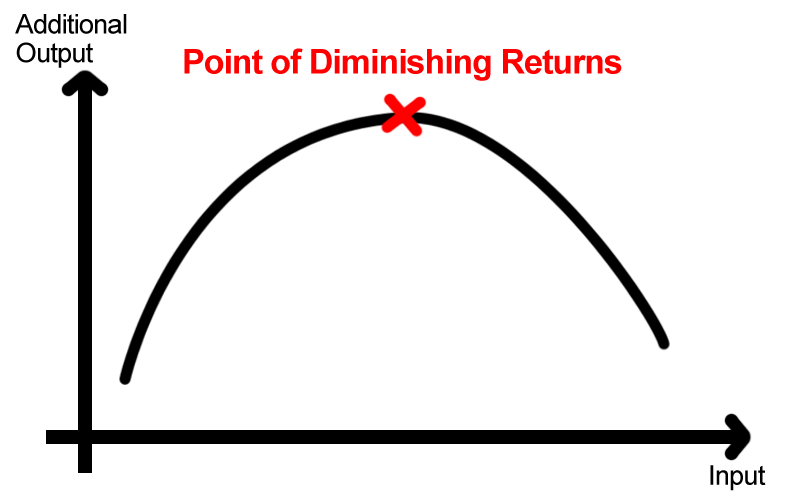
 Companies like to think of themselves as having up-to-date thinking. They assume they are of the 21st century ilk because they’ve flattened their hierarchies, removed unnecessary levels of management, and empowered their employees.
Companies like to think of themselves as having up-to-date thinking. They assume they are of the 21st century ilk because they’ve flattened their hierarchies, removed unnecessary levels of management, and empowered their employees.
The truth is that many of them are just as traditional as they’ve always been. They still think about how to manage their people according to the old systems that were so common in the past. In other words, they want to keep doing things the way they’ve always done them.
That’s because hierarchy is about attitude and behavior; not structure. And that means that the implementation of strategy comes down to what people see their managers do, rather than what they say or intend.
One popular idea is that hierarchies actually inhibit the implementation of strategy because it’s difficult to make employees at the lower levels fully aware of how the company expects to achieve its objectives.
The assumption, of course, is that if employees were knowledgeable about business objectives, then they would automatically fulfill them.
But this viewpoint is flawed. It assumes that a lack of knowledge lies at the root of the problem; that employees make up their own strategies because they don’t know what else to do.
The reality is that it makes no difference whatsoever. There are a few reasons for this.
The workforce today is better educated than any other generation of employees in the past.
Whatever you may think about the standard of university graduates doesn’t change the fact that 50 years ago, the education goal for most people was just to finish high school.
Many positions today require an undergraduate degree just to get an interview. One of the larger fast-food chains recently instituted this policy, probably as a means to filter out who they considered to be the best candidates.
But who needs a four-year degree to flip hamburgers?
A university education is designed to make people think critically. We should expect educated workers to stop just thinking critically simply because the company has determined that its strategy is so much better than everyone else’s.
No one has a corner on good ideas. And quite often, it’s the people who aren’t shackled by traditional thinking who come up with the best ideas.
In fact, many companies today expect their employees to show initiative and to effectively supervise themselves.
So it’s unreasonable to tell them to act independently on the one hand, while trying to dissuade them on the other.
And that means that managers need to focus on outcome; not the process. To do otherwise is to lose sight of why strategies are created in the first place.
Generation Y employees (those born from about 1980 onwards) believe that they should be able to decide how to accomplish their work.
They aren’t interested in rigid hierarchies. And although you may think that your organization doesn’t have one, it’s their perception of whether or not you do that matters.
For example, what happens when an employee goes over your head in order to obtain more information about, well, just about anything? Do you summon that person to your office and tell him or her not to ever do it again?
That’s hierarchy folks, in its worst form.
Employees need to be given a freer rein to accomplish their work in a manner that suits them, and anything less than that they will interpret as the same kind of company that their parents worked in; one that clings to rigid hierarchies and that lacks flexibility.
As long as the company achieves its objectives and keeps its costs under control, it really shouldn’t matter how its employees do so.












One comment
Pingback: » How a Higher Purpose Motivates